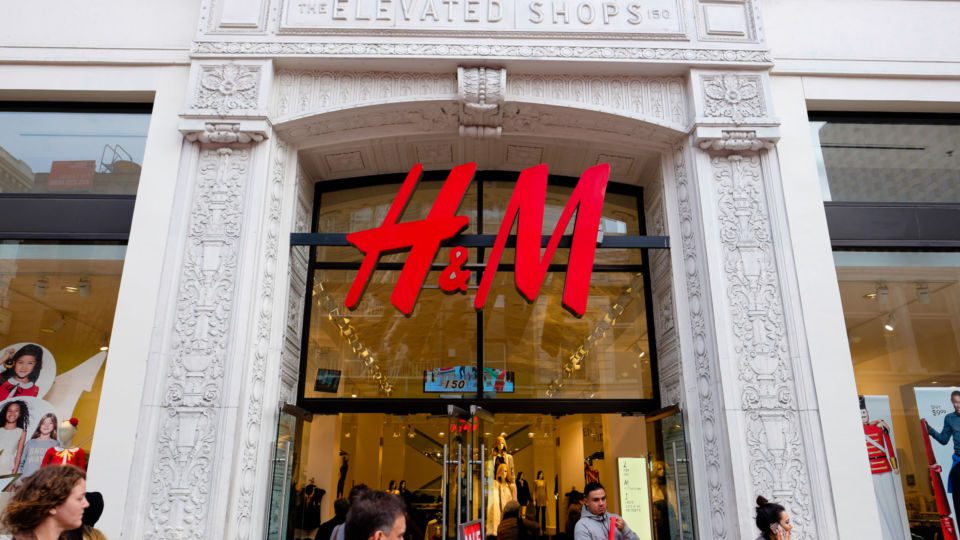Fast-fashion retailer H&M announced plans to close approximately 250 stores next year as it seeks to step up the pace of its transformation via digital investments, store portfolio optimization and increasingly integrated channels.
Approximately 25% of the H&M Group’s stores have a contractual right to renegotiate or exit their leases each year. The planned decrease in its brick-and-mortar presence accounts for approximately 6% of the retailer’s 5,000-store global footprint. H&M has not yet identified which stores will be shuttered.
As the pandemic continues, fashion retailers in particular are feeling the negative impact on sales, both from rapid shifts in consumer behavior and continued temporary closures of physical locations. Inditex, the parent company of H&M competitor Zara, announced this past summer that it would close 1,200 stores around the world over the next three years and invest $3 billion in digital operations.
H&M
reported that its Q3 net sales decreased 16%. Part of the reason was
that approximately 900 of the retailer’s stores were temporarily closed
at the beginning of the quarter, and more than 200 locations remained
temporarily closed at the end of Q3.Sales for September 2020 decreased 5%
in local currencies compared with the same period last year. Currently, 166 stores,
representing 3% of the total, remain closed, and a large number of
stores still have local restrictions and limited opening hours.
“More and more customers started shopping online during the pandemic, and they
are making it clear that they value a convenient and inspiring experience in
which stores and online interact and strengthen each other,” said Helena
Helmersson, CEO of H&M Group in a statement. “The substantial
investments made in recent years have been very important for our recovery and
we are now accelerating our transformation work further to meet customers’
expectations. We are increasing digital investments, accelerating store
consolidation and making the channels further integrated. To ensure that our
offerings are relevant to customers and improve availability in all channels,
speed and flexibility will be even more important in the future, particularly
in the supply chain.
“COVID-19 has also highlighted the importance of sustainability,” Helmersson added. “Demand for good value, sustainable products is expected to grow in the wake of the pandemic and our customer offering is well positioned for this. Through our work to become circular and climate positive, we are increasing the share of sustainable and renewable materials and we are developing new revenue streams. Together with our accelerated transformation work, this will strengthen resilience and contribute to long-term profitable growth for the H&M Group.”













